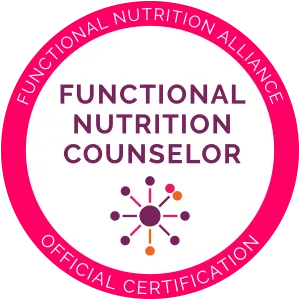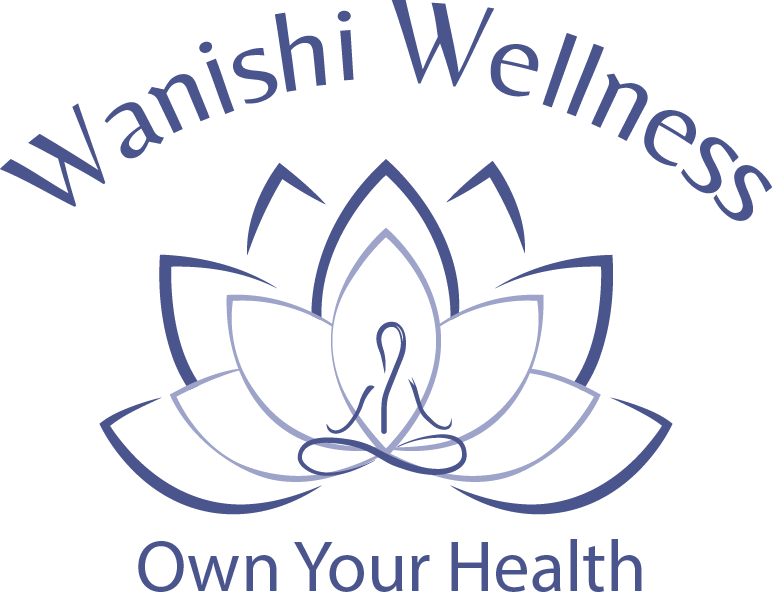
The Relationship between Nutrition and Disease
The Relationship Between Nutrition and Disease
Wow, does nutrition really impact my health? Can nutritional imbalances cause bodily injury? The truth be told, essential nutrients are required for optimal health and wellbeing. So, what are the essential nutrients? They are protein, carbohydrates, lipids (fats), vitamins and minerals. These substances are required for maintaining normal cellular function in our bodies. If these essential nutrients are not taken in through the foods we eat and then transported to the cells, damage can result. Or, if too many calories are taken in excessive amounts this too can cause damage at the cellular level. This damage can lead to disease, affecting your ability to live life to its fullest.
PROTEINS
Proteins contain chains of amino acids and are the main building block of cellular structure. They are responsible for many enzymatic and hormonal functions. So many diseases and disorders like cancer involve problematic signaling in cells. What happens if you don’t provide your body with enough protein?
Protein deficiency causes:
decrease mucosal mass in the intestinal wall leading to decreased absorption
negative impact to your pancreas due to diminished exocrine secretion
malnutrition and starvation are related to poor protein stores
CARBOHYDRATES
The major carbohydrate in the body is derived from glucose, the breakdown of starch in the body. In fact, 50% of the Standard American Diet (SAD) are carbohydrates. Hyperglycemia or elevated blood sugar, results from an excessive consumption of carbohydrates. Hyperglycemia frequently leads to obesity.
LIPIDS (FATS)
The body metabolizes fats when the body is in a deficient state of glucose from starvation or lack of use that occurs in the state of diabetes. In low lipid states the body compensates by moving fatty acids from fatty tissue. This results in an increase in the production and circulation of ketone bodies, the acidic byproducts of lipid metabolism. The removal (excretion) of ketones in the body results in loss of water, electrolytes, and lead to dehydration and thirst. Severe increases in ketones can lead to ketoacidosis, coma and death.
VITAMINS
Vitamins are not sources of energy, and they are required for maintaining normal cellular functions. Adequate vitamin intake is required because most vitamins are not created by the body. Further, there are 13-essential vitamins that directly affect many body functions. For example:
Vitamin A (metabolism of visual pigments)
Vitamins E & C (antioxidation reactions)
FMN – flavin mononucleotide and NAD (help the transfer of electrons)
VITAMIN D
This is a big one! Deficiency of vitamin D can result in several disease states, such as:
Many common cancers
Type 1 Diabetes
Cardiovascular Disease
Osteoporosis & more…
Subscribe for updates to be notified of future articles:
More details on how vitamins impact specific body functions
In-depth blog post on Vitamin D and the risks of deficiency
Western Medicine’s lack of priority on a simple blood test to monitor and provide opportunities for prevention.
FAQS
What is holistic functional nutrition?
Holistic functional nutrition is a holistic approach to health and wellness that focuses on the whole person, not just their diet. It takes into account all aspects of your life, including your physical and mental health, your environment, and your relationships. Holistic functional nutrition practitioners believe that food is a powerful tool that can be used to heal the body, mind, and spirit.
What is the difference between a holistic functional nutrition practitioner and a registered dietitian?
A holistic functional nutrition counselor is a practitioner who uses food, and lifestyle changes to promote health and well-being. What is unique about Wanishi Wellness is that our founder also utilizes neuroscience tools to support success in achieving your goals and sustaining that success over your lifetime. Holistic functional nutrition practitioners typically have a background in nutrition, through advanced training and certification and are not a registered dietician.
How much does it cost to see a holistic functional nutrition practitioner?
The cost of seeing a holistic functional nutrition practitioner can vary depending on the practitioner's experience, location, and the services offered. Opportunities exist to learn in a group setting, through workshops, classes, and coaching sessions that support an environment where learning, growth, and healing occur through sharing in one another's experiences that supports longterm success. One-on-one coaching sessions are also available.
Get In Touch





